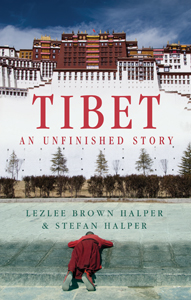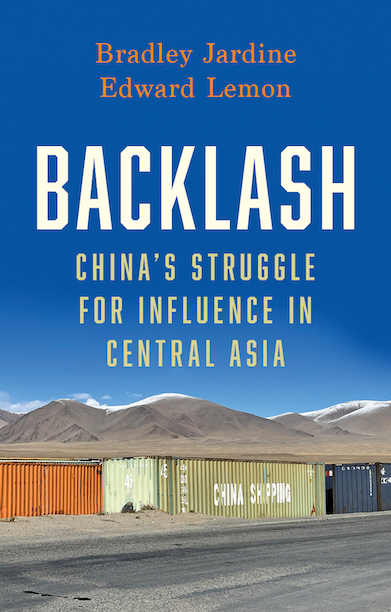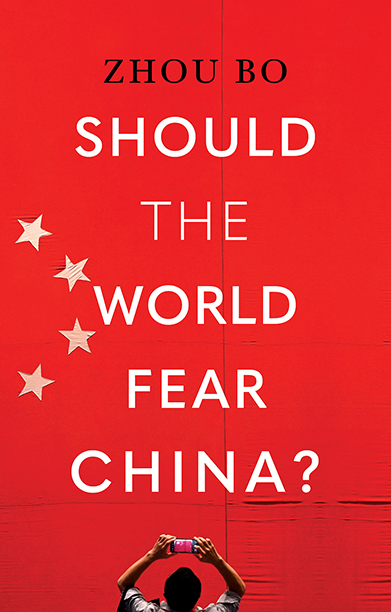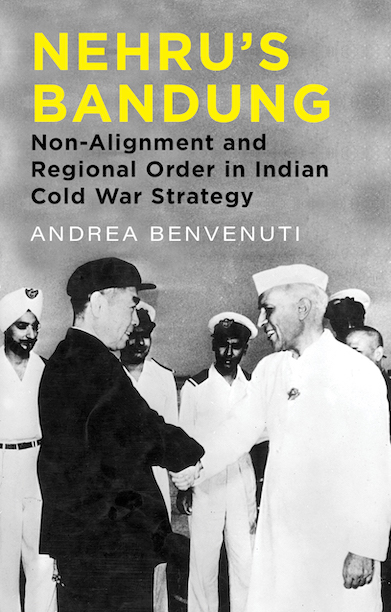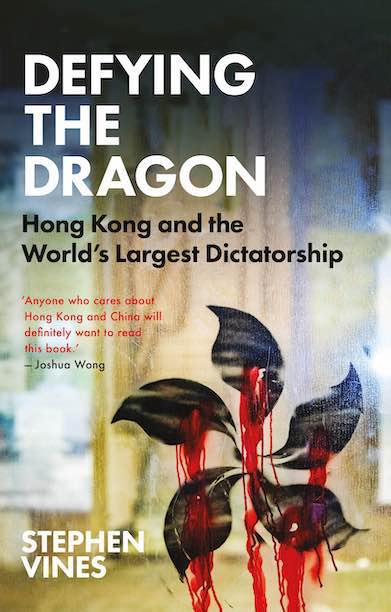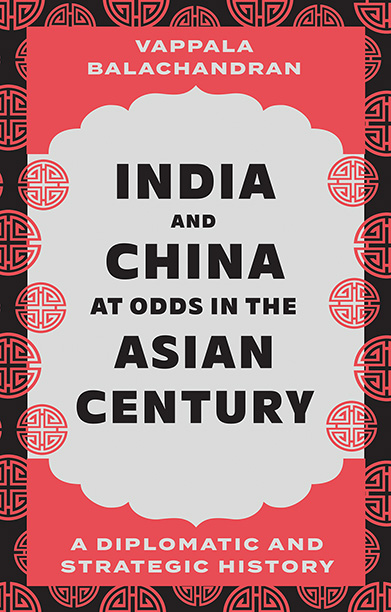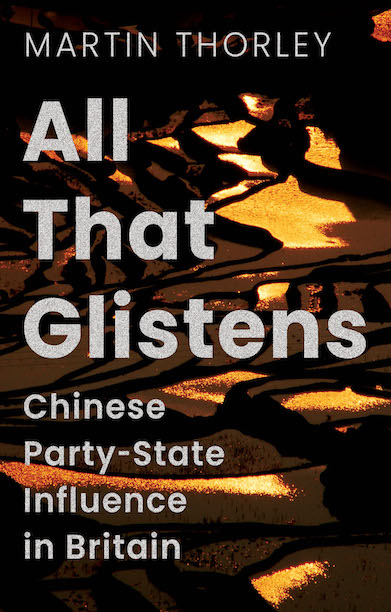Tibet
An Unfinished Story
The mythologising of Tibet in the West and the Himalayan state’s subsequent abandonment to China are recounted in this briskly-paced and revealing new history.
Description
Tibet’s enduring myth, animated by the tales of Himalayan adventurers, British military expeditions, and the novel, Lost Horizon, remains an inspirational fantasy, a modern morality play about the failure of brutality to subdue the human spirit. Tibet also exercises immense ‘soft power’ as one of the lenses through which the world views China.
This book traces the origins and manifestations of the Tibetan myth, as propagated by Younghusband, Madam Blavatsky, Himmler, Acheson and Roosevelt. The authors discuss how, after WW2, Tibet — isolated, misunderstood and with a tiny elite unschooled in political–military realities –– misread the diplomacy between its two giant neighbours, India and China, forlornly hoping London or Washington might intervene. The PLA sought nothing less than to deconstruct traditional Tibet, unseat the Dalai Lama and ‘absorb’ this vast region into the People’s Republic, and Lhasa succumbed to China’s invasion in 1950.
Drawing on declassified CIA and Chinese documents, the authors reveal Mao’s collusion with Stalin to subdue Tibet, double-dealing by Nehru, the brilliant diplomacy of Chou En-lai and how Washington see-sawed between the China lobby, who insisted there be no backing for an independent Tibet, and Presidents Truman and later Eisenhower, who initiated a covert CIA programme to support the Dalai Lama and resist Chinese occupation. It is an ignoble saga with few, if any, heroes, other than ordinary Tibetans.
Reviews
‘This book is a tour de force of original research. […] The authors have interviewed participants on several continents, perused hitherto classified documents and even somehow penetrated the archives of the Ministry of Foreign Affairs in Beijing … An excellent new study.’ — Literary Review
‘In Tibet, Lezlee Brown Halper and Stefan Halper look behind a tragic past and uncertain future… The book, based on recently declassified documents, is as gripping as a spy thriller, with vivid details and fully drawn characters in all their heroism and foibles.’ — Amy Kazmin, The Financial Times
‘The authors bring much insight into why the often spurious accounts [of Tibet] and the enduring sympathy they created … did nothing to save the real country and its people from the tragedies it has endured in the past 60 years. …Drawing on recently declassified archives and extensive official contacts [the authors] bring an illuminating level of detail to their account.’ — International Affairs
‘The authors’ in-depth explanation of the inner workings of the American security establishment is fascinating for anyone interested in the twists and turns of diplomatic decision-making. Viewing Tibet from an American perspective allows the authors to situate Tibet’s struggle for independence among the big themes of modern history… their meticulous research is evident and the wealth of anecdotes and asides make for an account as lively as it is thorough.’ — Asian Review
‘The objective of this work is to educate the readers about three points. First, why was Tibet unable to become an independent state even though nations around it saw a tectonic shift of power as the colonialists retreated from Asia? Second, what role did US, India, China, Russia and Britain play in the Tibetan Game? And third, why is Tibet’s story relevant to the global affairs today? … Tibet An Unfinished Story fulfils the three aforesaid objectives brilliantly.’ — Business Standard
‘Since World War II few peoples have been more badly served than the Tibetans — abandoned to their fate at the hands of the Han Chinese by their so-called friends and admirers. Yet the Tibetan myth, a cultural state of mind and belief, lives on. This excellent book explains its fate and its extraordinary durability, and suggests that the myth may yet prove to have more soft power and greater longevity than the Chinese Communist Party itself – a wonderfully seditious idea which should set alarms ringing in Beijing.’ — Sir Richard Dearlove KCMG OBE, formerly Chief of the British Secret Intelligence Service
‘The West is – understandably – deeply impressed with the spiritual energy and depth of the Dalai Lama; but we have long needed a judicious and comprehensive overview of how the current indefensible situation in Tibet arose that will take us beyond vague sympathy. This book offers just such an overview, spelling out how short-term needs of the Cold War and the tunnel-vision of pro-Taiwanese lobbyists in the USA combined with the political and moral radar of the world. It is a tragic and shameful story, told here with clarity and challenge.’ — Lord Rowan Williams, Master of Magdalene College, Cambridge and former Archbishop of Canterbury
‘Lezlee and Stefan Halper are unique; a literary partnership at home in the rigorous disciplines of research and scholarship, with deep experience in high level public service, yet able to enthral the reader with a thrilling story. In Tibet, they have drawn on all these talents to illuminate the adventure, mythology, violence and geopolitics of Tibet in a way never before achieved. They have unearthed new secrets through diligent research and unique access while never losing a grasp of the arc of the romantic tragedy that is the fabled “Shangri-la.”’ — John Lehman, former Secretary of the Navy, member of the 9/11 Commission and the author of Command of the Seas.
‘This book reshapes the way we look at Tibet. A challenging, fascinating and provocative work that anyone interested in the society and its fate should buy.’ — Christopher Coker, Professor of International Relations, London School of Economics
‘In Tibet: An Unfinished Story, Lezlee and Stefan Halper provide the most readable and insightful account of Tibet’s history during the Cold War to date. This is the remarkable story of how Tibet, weak militarily, without genuine allies, and surrounded by powerful states, was frequently traduced. It was unable to gain the independence it wanted at a time of decolonization across Asia. But the book is also the story of the emergence of a Tibetan myth that has become fundamental to its unique position in the world today. Anyone who wants to to understand the Cold War in East Asia, the problem that Tibet will pose for the People’s Republic of China as it progresses on its ‘peaceful rise’, and the continuing sympathy for Tibet in the West must read this book. Written in a lively and accessible style by authors who care about the subject and know it inside out, this book is a genuine achievement.’ — Hans van de Ven, Professor of Modern Chinese History, Cambridge University
‘This book evokes a romantic yet informative vision of Tibet based on extensive research into the official record. Many episodes and details will be new and surprising even to veteran scholars of modern Tibetan history, let alone the general reader.’–– Krishnan Srinivasan, former Indian foreign secretary
‘This is a powerful account of the West’s fascination with Tibet and the hard truths of realpolitik that have shaped policy towards the country, from the advent of Cold War to the present day. Based on personal interviews with some of the key players and on archival sources, the authors uncover the dilemma faced by the Western powers in their need to accommodate China at the expense of Tibet’s desire for independence. An important book.’ — Tsering Shakya, Canadian Research Chair in Religion and Contemporary Society in Asia, University of British Columbia, and author of The Dragon in the Land of Snows: A History of Modern Tibet Since 1947
‘A brilliantly researched and written tour de force with many, sometimes surprising, insights. The Halpers’ ability to put today’s Tibetan tragedy into long-term perspective makes it possible to imagine a happier future for an autonomous Tibet after the demise of the present regime in Beijing, which may yet prove to be no more permanent than the former Soviet regime in Moscow.’ — Christopher Andrew, Professor Emeritus of Modern and Contemporary History, University of Cambridge, and author of The Defence of the Realm: The Authorized History of MI5
‘The authors have researched their subject with meticulous attention to detail and they pose the intriguing question of whether Tibet may come to outlive the present regime in Beijing.’ — Geographical
Author(s)
Lezlee Brown Halper M.Phil (cantab.), PhD (cantab.) is a Research Associate at Corpus Christi College, Cambridge. She is a Tibet scholar who has extensively travelled in and written about South Asia.
Professor Stefan Halper D.Phil (oxon.), PhD (cantab.) is Director of American Studies at the Department of Politics and International Studies, University of Cambridge. Halper is a Life Fellow of Magdalene College, Cambridge. He first visited Tibet in 1997. He has served in the White House and the US Department of State and has written extensively on US foreign policy and US-China relations.
